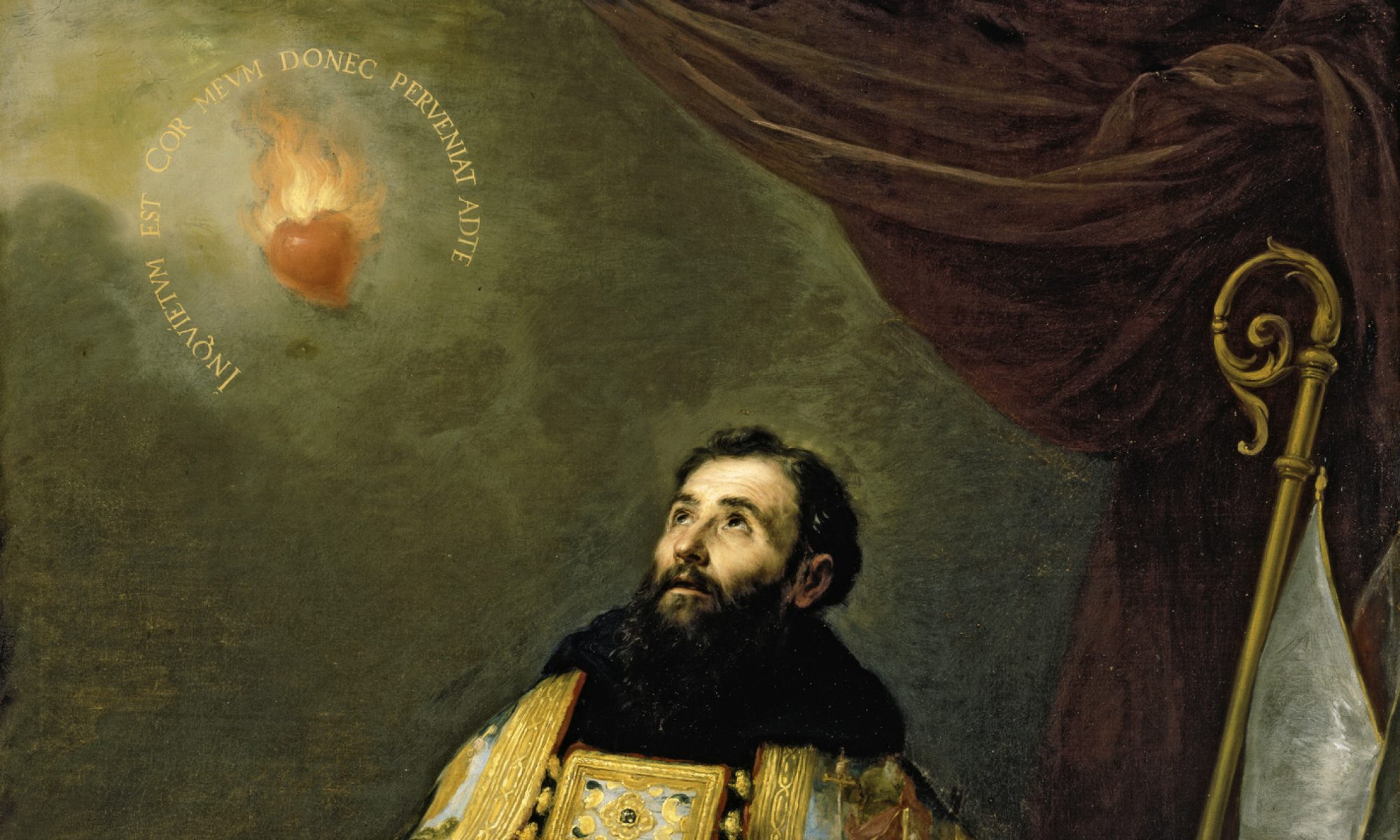It is Sunday after Ascension. We did not have the Thursday celebration of the Lord’s Ascension because the Diocese of Reno agreed to the transfer of the Feast of the Ascension to today. This is not a theological reason, but a practical option, so that all the faithful are able to enjoy the blessing of the celebration. If you have guilt for not attending last Thursday, you have not committed any sin, for I believe that circumstances dictate that it was not your fault. God is more intelligent than us; He knows and sees everything. If it is my moral culpability, that is my sin, of which I am sincerely sorry to God, the Almighty. I hope this satisfies everyone.
Our epistle from the text of 1 Peter 4:7 plainly says, “Dearly beloved, be prudent and watch in prayers. But, before all things, have a constant mutual charity among yourselves; for charity covereth a multitude of sins.” It is obvious that being charitable and loving one another is a main concern. “Before all things,” Peter says, “we must keep loving one another earnestly.” Love or charity is absolutely important in the church and in our community. We have known that in the scriptures “Love” is the foundation of Christ’s teaching; likewise, St. Paul says that we can speak about God to others, share the gospel clearly, preach great homilies, possess faith and practice it according to rubrics, coming to church every Sunday, but if you don’t love, you are and you gain nothing (1 Corinthians 13:1-3). Above all be sure that you love. This time find your gift loving and serving. Two suggestions: One, find someone who needs to be served and to be helped materially and do what God does; or two, find someone who is elderly or handicapped and spend time with them, sharing time as your corporal works of mercy. A Christian relationship of loving and serving others will help discern your gifts. Do it to cover a multitude of sins.
In today’s gospel Jesus continues to prepare His disciples for a brief time that He would be away. In addition, He explains more about how the Paraclete, the Holy Spirit, will help them in His absence.
This entire pericope of the gospel taken from St. John has two lessons exploring what Jesus teaches about the Holy Spirit.
First, the Holy Spirit Testifies Concerning Jesus (15:26-27). “When the Paraclete comes, whom I will send to you from the Father, the Spirit of truth who proceeds from the Father, He shall give testimony of Me: and you shall give testimony, because you are with Me from the beginning.” (15:26-27) The Holy Spirit will just remind the disciples what Jesus taught, which is the fundamental function the Spirit needs to accomplish. The Greek word “Paraklētos” which means an advocate and which is connected with another familiar word to us, “martyreō,” which means “to confirm or attest something on the basis of personal knowledge or belief, bear witness, be a witness, offer testimony.” The Holy Spirit enlightens us about Christ with much conviction before the believers and the world.
Second, Jesus told his disciples not to be scandalized because all these things have been spoken to us. Though we are not eyewitnesses of the Jesus of History, who walked and lived here on earth, we too must bear witness of what Jesus has done in our lives as part of our reconstructive reflections about the teachings of the historical Jesus, which we all have today. “They will put you out of the synagogue; in fact, a time is coming when anyone who kills you will think he is offering a service to God. They will do such things because they have not known the Father nor Me. I have told you, that when the hour shall come, you may remember that I told you.” (16:1-4) The verb “skandalizō,” in this context, is to cause ourselves to fall away from Jesus and consequently will be our downfall when we commit sins. Jesus told them that they would be expelled from the synagogues and even be persecuted and killed. It must have been a heavy cross for them to carry as well. The instruction of Jesus to His disciples and to us is that we must not succumb to despair and lose faith. Jesus anticipated this heavy trial and, for that reason, He warns us that it would come. Jesus did not say to fight back and engage in a revolution; rather we see Jesus telling us that the Holy Spirit will take care of all things. We must testify to Jesus. To testify to Jesus means to be His staunch and committed witnesses.
A week from now, we anticipate the Feast of the Coming of the Holy Spirit, Pentecost. The key is the Holy Spirit. Thus, if you feel the pressure of persecution because of your Catholic faith, in any way, realize that Jesus spoke these words not only for His first disciples, but also for you and me.
God bless you.
Fr. Arlon, osa

